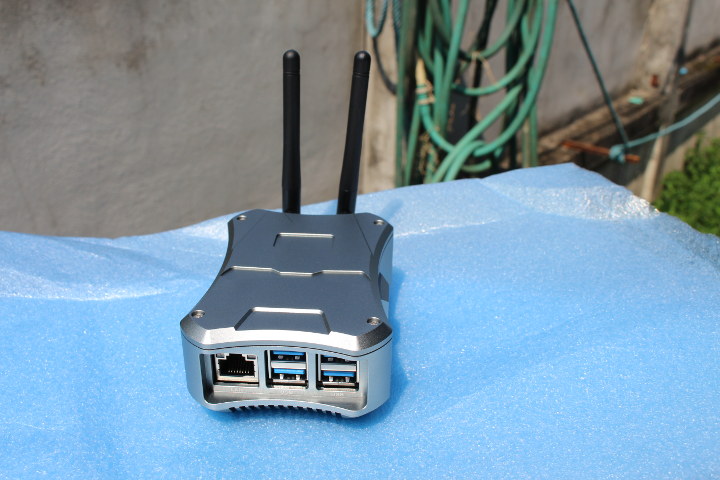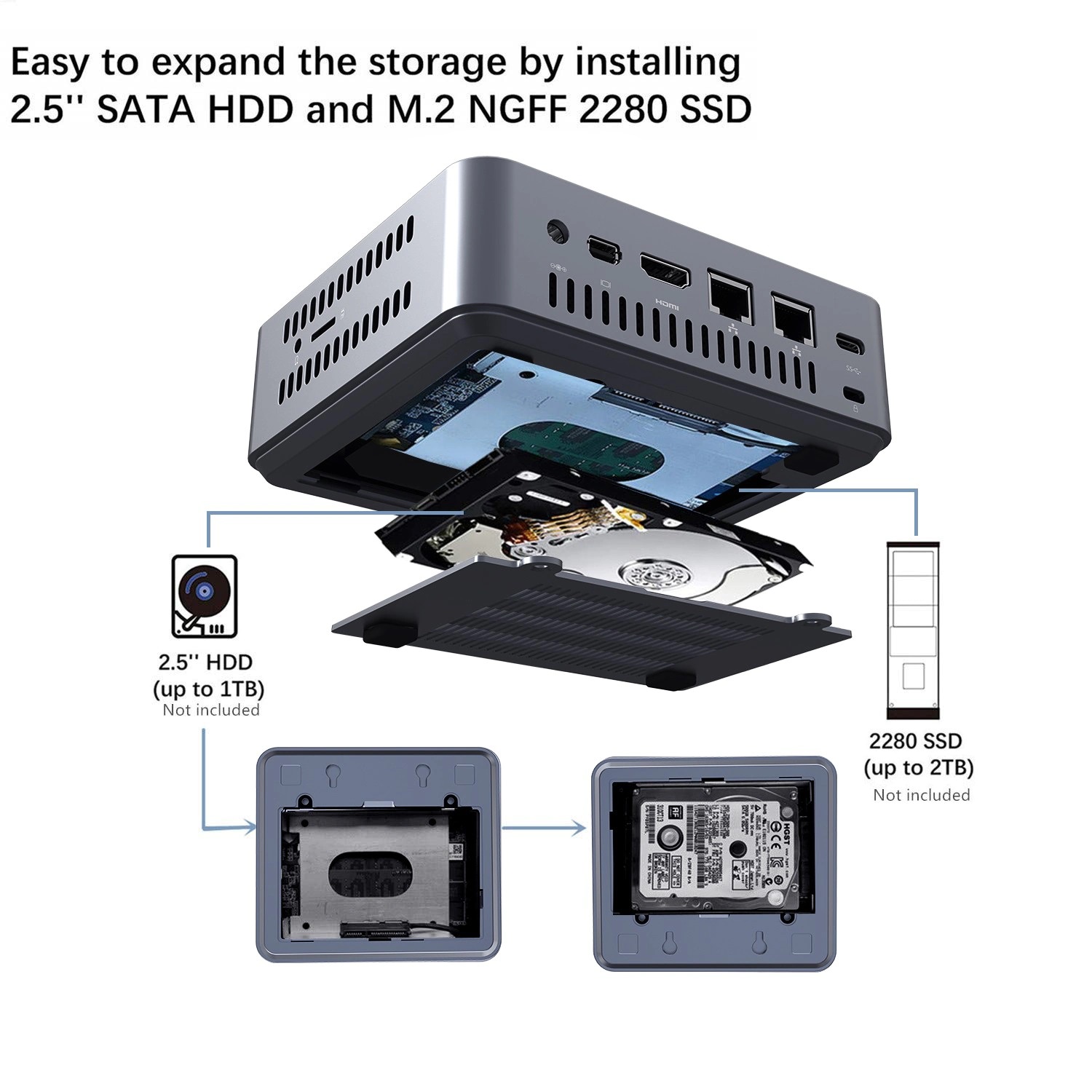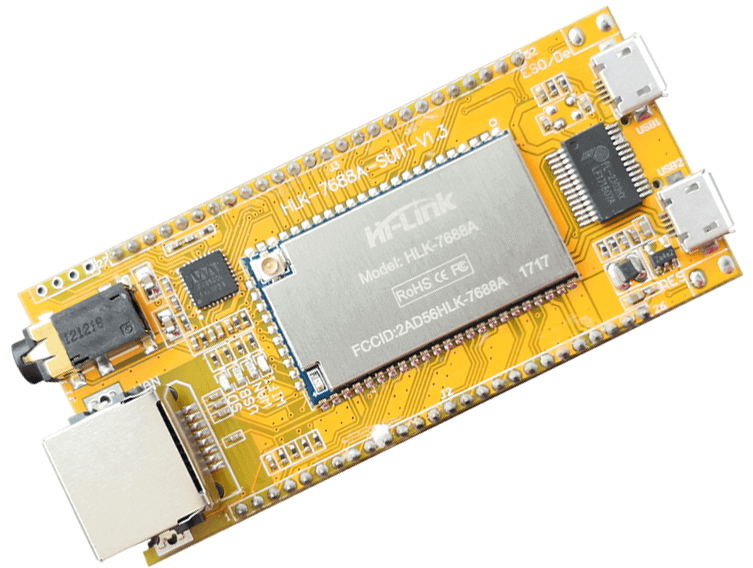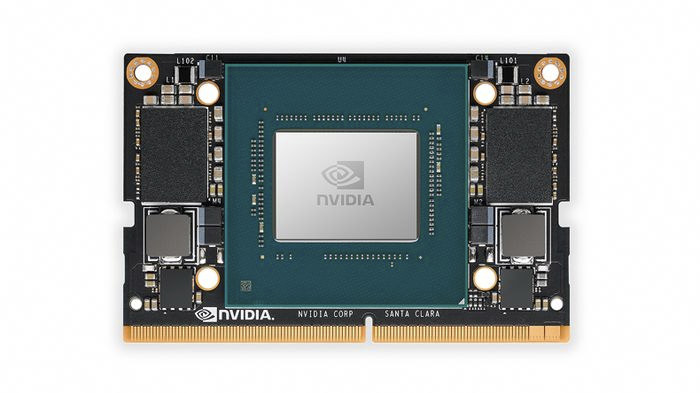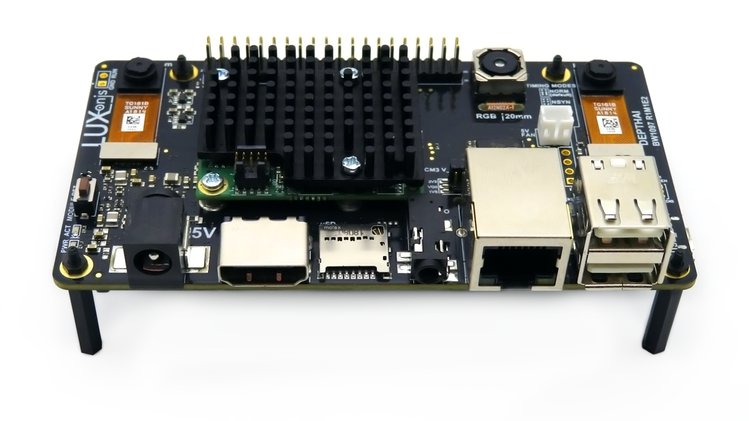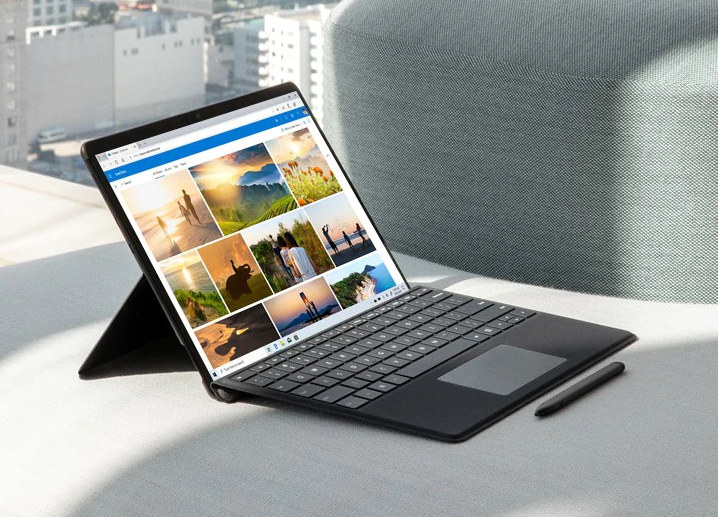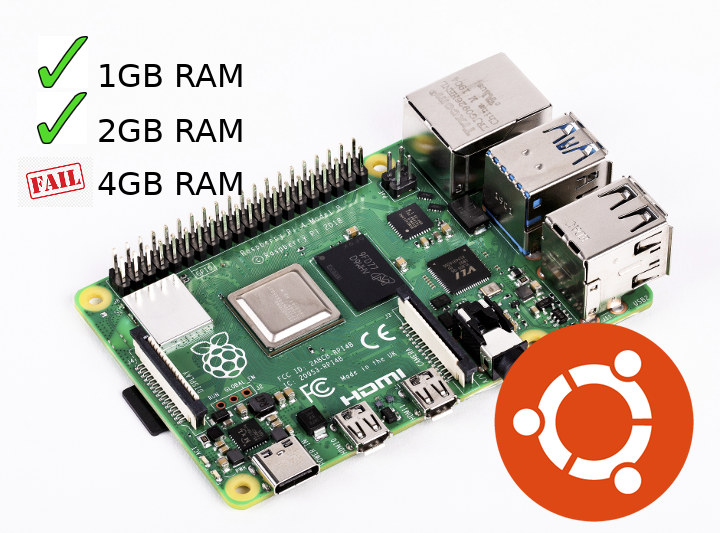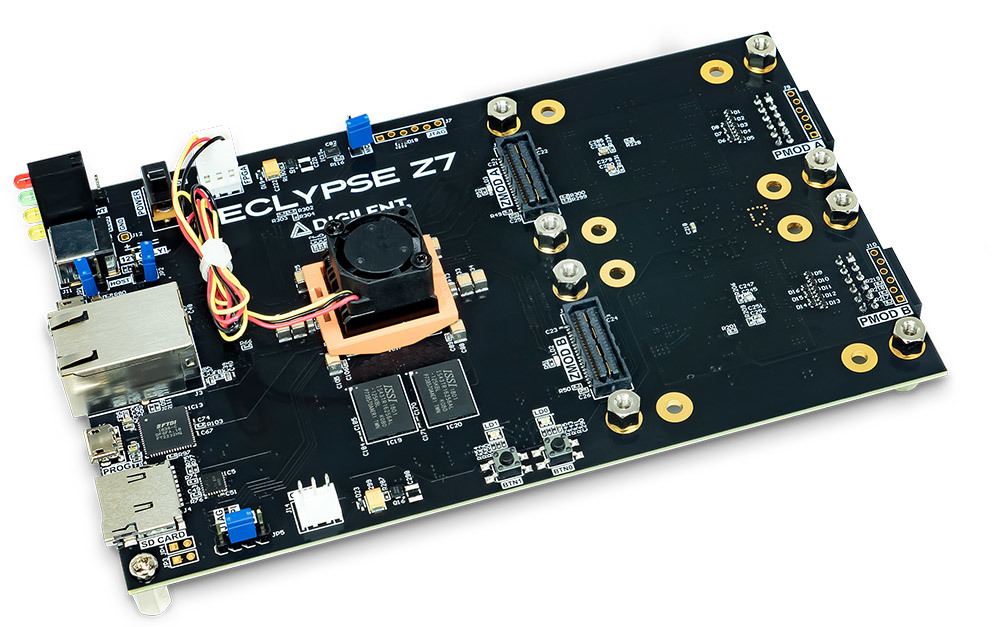Let’s finish giveaway week 2019 on a high with FriendlyELEC NanoPi M4V2 single board computer, and its metal case kit. The board features a Rockchip RK3399 processor with 4GB LPDDR4 RAM, and the metal case kit allows the addition of an NVMe M.2 SSD as well. I tested the mini PC with FriendlyCore Desktop based on Ubuntu 18.04, since at the time, Armbian was still not working with the updated board equipped with LPDDR4 memory, and Android requires an eMMC flash module which was not part of the kits I received. NanoPi M4V2 performed fairly well in the case, but the fan is quite noisy, and somehow the RAM bandwidth was almost half of the one in the earlier NanoPi M4 board with DDR3 memory, which is the opposite one would expect. Probably related to some software tweaks as explained in the comments section of the review. I received two […]
Kodlix GK45 Gemini Lake Mini PC Supports up to 3 SSDs, 3 4K Displays, and Dual Gigabit Ethernet
Kodlix GK45 Mini PC with up to 3 SSD and 3 Displays Kodlix computers and accessories are designed for industry and home use. The GK45 is the latest mini-PC built for 4K video options and features, and supports as many as 3 SSDs. The GK45 has 1 x DP, 1 x HDMI, 2 x Ethernet Ports, as well as a USB Type-C display/power port. GK45 Mini PC Storage Expansion Options The GK45 has expanded storage capabilities, and can support up to 3 SSDs, in various formats, starting with 64 GB of eMMC (on-board) or M.2 NVMe 2242 128GB SSD, with support for expansion as follows: M.2 NGFF 2280 SSD up to 2TB SATA 3.0 6.0Gbps M.2 NVMe 2242 SSD up to 1TB 2.5″ SATA HDD up to 2TB SATA 3.0 6.0Gbps GK45 Mini PC Basics The GK45 runs an Intel Celeron J4105 Gemini Lake processor, that runs at a speed […]
HLK-7688A OpenWrt Development Board Comes with an Audio Jack
We first tested MediaTek MT7688 MIPS processor in Mediatek Labs’ LinkIt Smart 7688 / 7688 Duo hardware development kits running OpenWrt in 2015 with the boards having a focus on IoT applications. A year later, Widora NEO board launched with an audio jack for connected audio applications, but AFAIK it’s not available anymore. There’s now another OpenWrt audio board based on the processor with HLK-7688A board featuring Hi-Link HLK-7688A module which we previously found in MatchBox LoRaWAN gateway. HLK-7688A board specifications: Wireless Module – HLK-7688A based on MediaTek MT7688 MIPS24KEc processor @ 580 MHz, and equipped with 128MB RAM, 32MB flash Storage – MicroSD card slot Connectivity 802.11 b/g/n WiFi 4 up to 150 Mbps with u.FL antenna connector 10/100M Ethernet Audio – 3.5mm audio jack; 4-pin speaker header, WM8960 audio codec USB – 2x Micro USB ports one USB 2.0 port and one for debugging & power Expansion – […]
NVIDIA Jetson Xavier NX SoM Delivers up to 21 TOPS for AI Workloads at the Edge
NVIDIA has just announced Jetson Xavier NX system-on-module, with the company claiming it is the “world’s smallest, most powerful AI supercomputer for robotic and embedded computing devices at the edge” with a 70x45mm “Jetson Nano” form factor, and delivering either up to 14 TOPS at 10 Watts or 21 TOPS at 15 Watts. The company expects the module to be used in small commercial robots, drones, intelligent high-resolution sensors for factory logistics and production lines, optical inspection, network video recorders, portable medical devices, and other industrial IoT systems. Jetson Xavier NX specifications: SoC – NVIDIA Xavier with 6-core NVIDIA Carmel ARM v8.2 64-bit CPU, 6MB L2 + 4MB L3 caches, and a 384-core NVIDIA Volta GPU with 48 Tensor Cores, 2x NVDLA deep learning accelerators delivering up to 21 TOPS at 15 Watts System Memory – 8 GB 128-bit LPDDR4x @ 51.2GB/s Storage – 16 GB eMMC 5.1 flash Video […]
DepthAI Brings AI plus Depth to the Raspberry Pi (Crowdfunding)
Edge computing on the Raspberry PI has been a bit of ups and downs, especially with everyone gearing for AI in everything. The Raspberry Pi, on its own, isn’t really capable of any reliable AI applications. Typical object detection on the Raspberry Pi would get you something around 1 – 2 fps depending on the nature of your model and this because all those processing is done on the CPU. To address this poor performance of AI applications on the Raspberry Pi, AI Accelerators came to the rescue. The Intel Neural Compute Stick 2 is one such accelerator capable of somewhere around 8 – 15 fps depending on your application. The NCS2, which is based on the Myriad X VPU technology, offers so much more than the compute stick delivers, and this is something that the team behind DepthAI has exploited to create a powerful AI module for edge computing […]
$1,000 Microsoft Surface Pro X Tablet is Powered by Microsoft SQ1 Arm Processor
Arm Windows 10 laptops, tablets, and 2-in-1 hybrids have been around for a couple of years all powered by Qualcomm Snapdragon processors so far. Now Microsoft is launching Surface Pro X Windows 10 tablet powered by its own Microsoft SQ1 Arm processor. It sells for $999 with 8GB RAM, 128GB storage, and a 13″ 2880 x 1920 x pixel touchscreen display in the default configuration, but you can also customize your order with up to 16GB RAM, 512GB SSD storage, optional keyboard and stylus for over $2,000. Microsoft Surface Pro X Specification Microsoft Surface Pro X specification: SoC – Microsoft SQ1 Arm processor @ 3.0 GHz with Adreno 685 GPU System Memory – 8GB or 16GB LPDDR4x RAM at 3733Mbps (option for 16GB) Storage – Removable 128, 256, or 512GB M.2 SSD Display – 13” PixelSense Display with 2880 x 1920 resolution (3:2 aspect ratio), 10 point multi-touch, 450 nits […]
Fix for Raspberry Pi 4 4GB model’s USB Ports not Working on Ubuntu 19.10
Ubuntu 19.10 server was recently released with official support for Raspberry Pi 4 SBC. Shortly after I read stories about the USB ports not working on the board, but it took another interesting turn as Canonical now explains the bug only affects RPI 4 with 4GB RAM, and USB works just fine on boards with just 1/2GB RAM. The issue has been identified and it’s been found to be a kernel bug with a solution in the works that being tested. In the meantime, you can access to your Raspberry Pi 4 4GB USB ports by limiting the memory to 3GB in /boot/firmware/usercfg.txt as follows:
|
1 |
total_mem=3072 |
Alternatively here’s the link to an updated kernel provided by Hui Wang with you want to test it out: I built a testing kernel, not only includes the fix for USB host, but also includes all new patches from https://github.com/raspberrypi/linux.git rpi-5.3.y branch (about 107 […]
Digilent Offers 2 Zynq-Based Linux Development Boards Supporting SYZYGY Expansion
Digilent Announces SYZYGY high-speed SBCs Digilent has announced two new SBCs that are ultra-high-speed and built to be more modular than its other boards. The company, which has a great deal of experience in Pmod lower speed FPGA standards has now entered the open-source, SYZYGY high-speed standards with its Eclypse Z7 and the Genesys ZU development SBCs. Background on the Digilent Zybo FPGA SoC SBC We reported on the Zybo development board FPGA SoC from Digilent and that seems to have lead to the latest format for the Eclypse Z7. Zmod There is also a release planned for the new Zmod modules, built to work with both the Eclypse Z7 and the Genesys ZU as SYZYGY compliant expansion modules. Opal Kelly and Zmod expansion The Zmods are Opal Kelly module standard, called SYZYGY, first seen in the Opal Kelly SYZYGY Brain-1 SBC. The standard was developed to jump the gap […]

